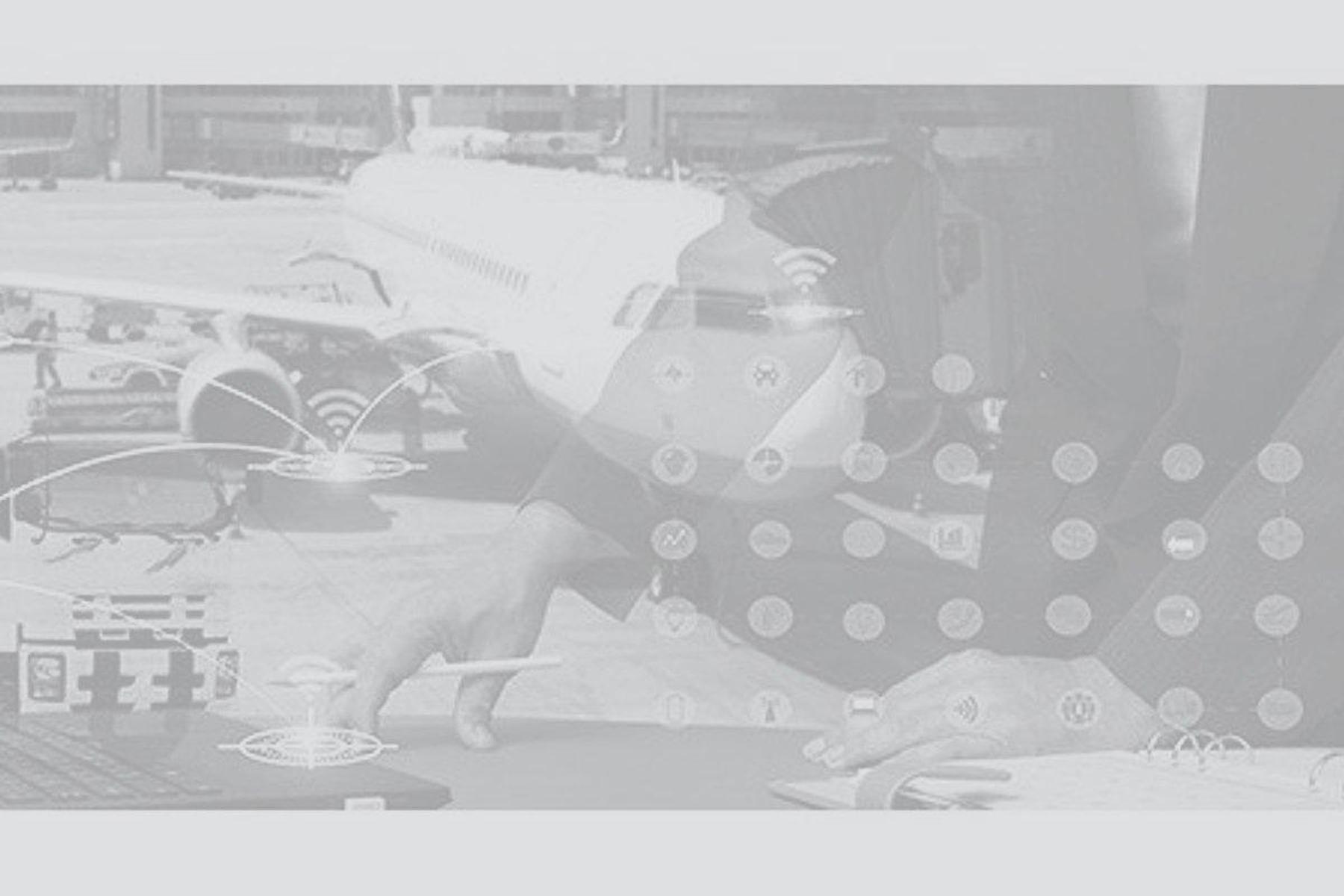Flying has brought us a lot in social, personal, and economic terms. It has made our world a lot smaller: all corners of the world are more easily accessible, whether you want to visit them for business or pleasure. But the reasons why M3 Consultancy likes to focus on the aviation industry are more significant. Allow us to elaborate.
Solving the logistics puzzle: endless opportunities for operations optimization
The aviation industry is an incredibly complex logistics puzzle that should be optimized as much as possible. Airlines only make money when their airplanes are up in the air. They need the highest possible uptime – which means they want to minimize turnaround times at the gate while optimizing fleet planning, which should match the crew’s availability. Meanwhile, they shouldn’t forget to schedule maintenance in between flights. Maximizing revenue is becoming quite the challenge.
To complicate matters further, competition is growing more fierce. An increasing number of low-cost carriers try to obtain market share by tapping into each other’s market segments. Here’s an example: originally, low-cost carriers only carried passengers from A to B at the lowest price. Now, some have started to offer holiday packages, thus tapping into the tour operator market. Meanwhile, traditional service carriers optimize their services by further customizing seat offerings. Traditionally, passengers could fly economy, business class, or first class. The options have now expanded to include economy, economy comfort, economy premium, business class, and first class. Such developments require complex pricing strategies – yet another optimization problem to solve!
On top of all this, The Netherlands is in a unique position. Schiphol Airport has nearly reached its maximum capacity, and the resulting scarcity creates an additional level of complexity: how can Schiphol Airport retain its significance as a transfer location for international passengers despite this issue?
Social challenges: responding to flying needs and sustainability issues
Growth will only increase in the coming years. Today, social circles tend to be global: people travel and emigrate quite often, which means they have relatives, friends, and business contacts in all corners of the world. As a result, their need to fly will only increase, and they'll want to do it faster and cheaper as time progresses. This means the logistics puzzle is far from solved. Rather, it requires constant improvement.
At the same time, the aviation industry should deal with certain social challenges. The question is, how can we fly faster and cheaper while addressing sustainability concerns? For society as a whole, it’s paramount that flying becomes cleaner and causes less nuisance. One of many options is to introduce airport taxes, which can be used to achieve sustainability goals. No matter how you feel about the initiative, there's still a lot to gain in this area!
Tackling challenges to ready ourselves for the future
In the long term, commercial interplanetary flights might be our new reality – perhaps as soon as within the next 30 to 50 years. Of course, this type of aviation business will come with an entirely new set of challenges.
As discussed, the aviation industry has many dimensions, each of which comes with its own challenges. For now, there's more than enough to work on. After all, we need to prepare ourselves for such a possibility-rich future. At M3 Consultancy, we like to tackle challenges while being frontrunners in technology. Therefore, it's only logical that aviation is one of our favorite industries!

